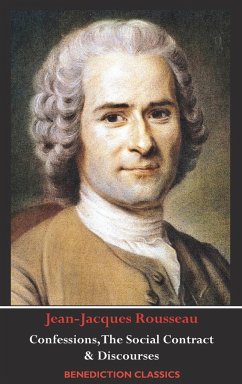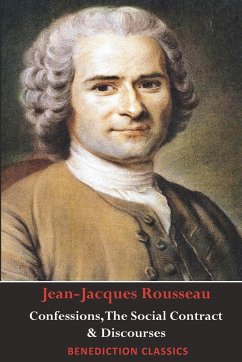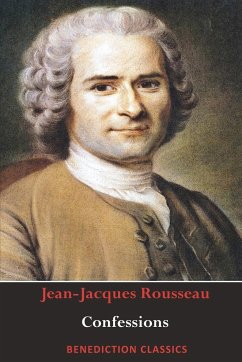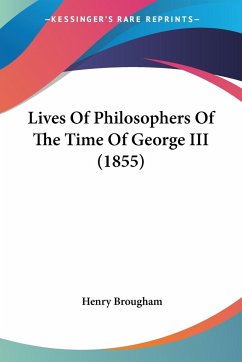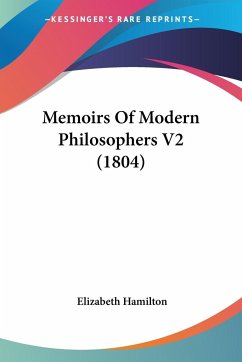A collection of the essential works of Jean-Jacques Rousseau, one of leading thinkers of the Enlightenment. "The Confessions", regarded as the first modern autobiography, combines a retelling of the first fifty three years of his eventful with life, with astute psychological self-analysis. "The Social Contract" and "Discourse on Inequality" are cornerstones of modern political and social theory.
Bitte wählen Sie Ihr Anliegen aus.
Rechnungen
Retourenschein anfordern
Bestellstatus
Storno

